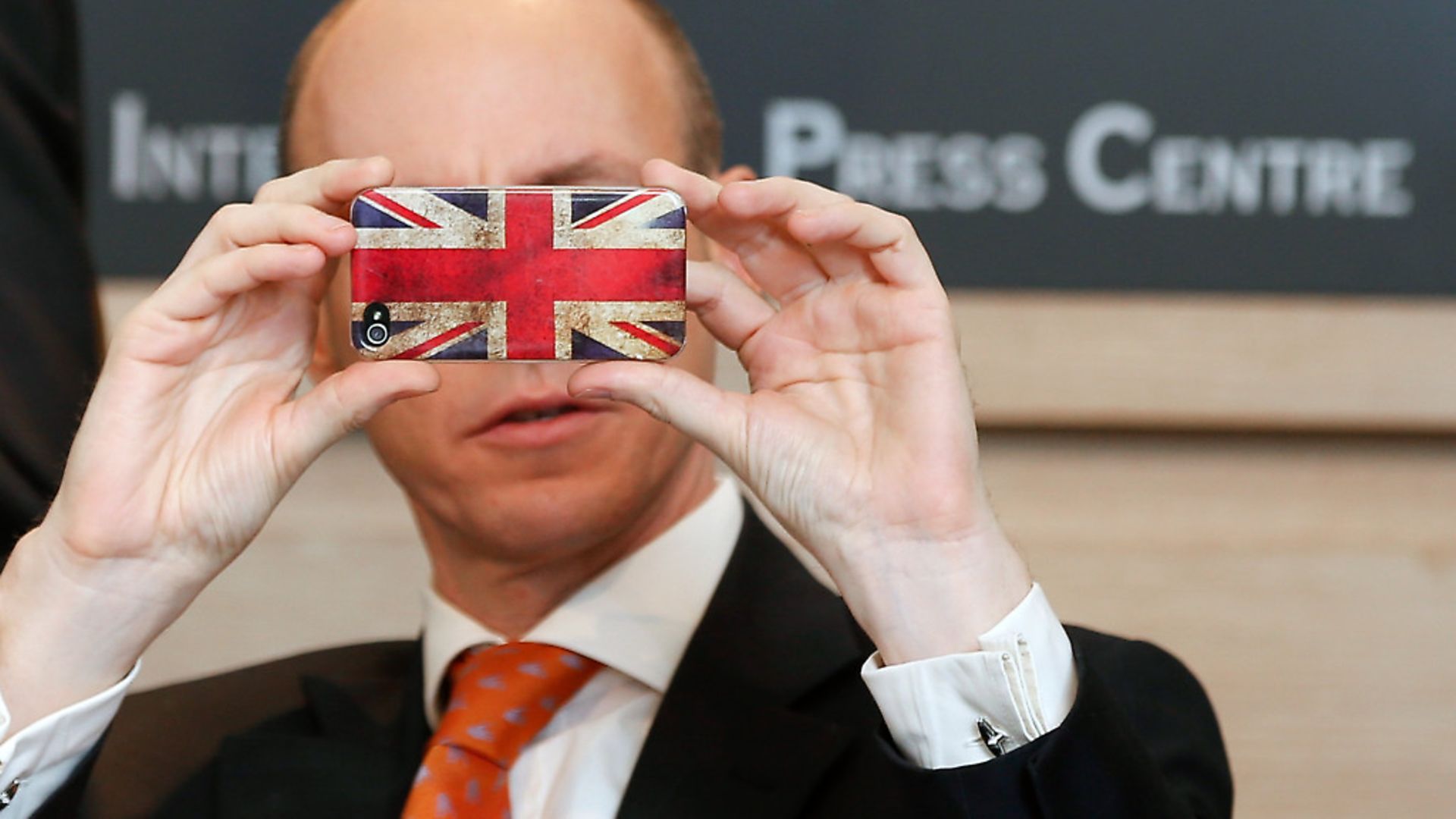
Government documents confirm that mobile phone roaming charges could return overnight in the event of Brexit after 10 operators refused to rule it out.
Mobile phone firms have since 2017 been banned from charging customers travelling within the EU extra fees to use arranged allowances of minutes, texts and most data.
However a draft ‘statutory instrument’, tabled as part of a raft of no-deal preparations, means that from March 29 mobile users may be liable for surcharges when they travel on the continent.
In a note accompanying the secondary legislation – the Mobile Roaming (EU Exit) Regulations 2019 – the government admits consumer groups lobbied hard for a new scheme to maintain current arrangements.
But ‘after careful consideration, the government decided not to adopt this proposal’, it says.
The new draft regulation says that in the event of no exit agreement with the EU, ‘it will not be possible to impose a limit on the wholesale charges faced by UK operators when their customers use networks owned by EU operators’.
The explanatory note says: ‘Mobile operators noted that absent a cap on the charges EU operators can apply to UK operators (as currently regulated by the EU), any increases in costs would likely be passed on to customers.
‘Additionally, operators also raised concerns that a limit on the costs that could be passed on to customers would affect the sustainability of certain roaming services. This means that roaming services could be removed altogether from some customers.’
National newspapers in September 2018 claimed that operators would step in to stop the charges returning, but MoneySavingExpert has found that just two out of 12 major UK mobile phone providers – Three and Smarty (owned by Three) – have committed to keeping roaming in the EU ‘free’ after Brexit.
The remaining 10 companies, estimated to have at least 85% of UK mobile users, say they have ‘no plans’ to change their roaming policies but have not ruled out the return of charges.
If Theresa May’s Brexit deal is adopted, a transition period of 21 months to December 2020 would maintain surcharge-free mobile data roaming.
Even under her deal, it is unclear whether charges could be avoided.
The prime minister said last year: ‘The UK will not be part of the EU’s Digital Single Market, which will continue to develop after our withdrawal from the EU.’
Best for Britain supporter Layla Moran MP said: ‘The cost of a hard Brexit on British travellers is becoming abundantly clear. Millions of people are facing higher costs to make calls and texts abroad because of the prime minister’s botched Brexit plans.
‘This is all because Theresa May is too weak to face down her Brexiteers. Every day she avoids that fight the costs for seem to go up and up.
‘The only way out of this is to have a People’s Vote on the final deal.’
Warning: Illegal string offset 'link_id' in /mnt/storage/stage/www/wp-includes/bookmark.php on line 357
Notice: Trying to get property 'link_id' of non-object in /mnt/storage/stage/www/wp-includes/bookmark.php on line 37






